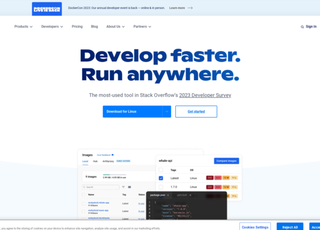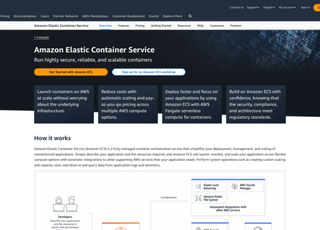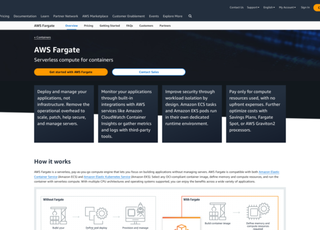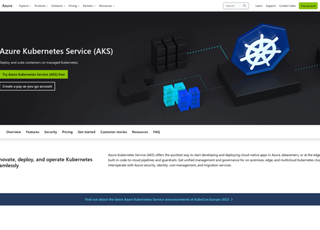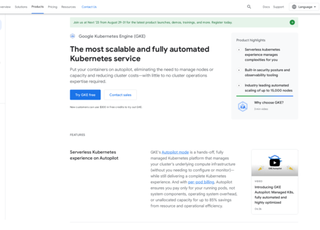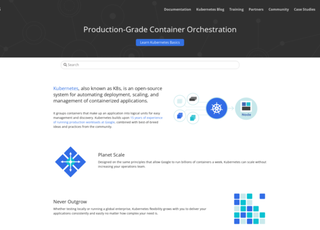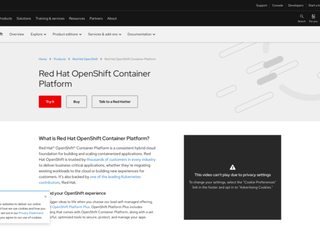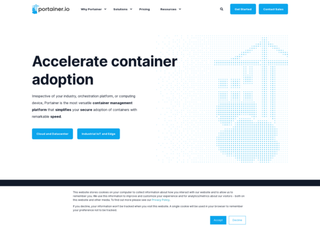Docker
https://www.docker.com/Docker
Docker is an open-source platform that streamlines the process of building, deploying, and managing applications through containerization. In essence, Docker allows developers to package an application along with all its necessary components—such as libraries, dependencies, and configuration files—into a single, standardized unit called a container. This container can then run consistently across various environments, from a developer's local machine to production servers in the cloud.
Containers vs. Virtual Machines
One of the distinguishing features of Docker is its use of containers, which are more lightweight and efficient than traditional virtual machines (VMs). While VMs encapsulate an entire operating system along with the application, containers share the host system's operating system kernel. This sharing reduces the overhead and allows multiple containers to run on a single host without significant performance penalties.
Key Components of Docker
Docker Engine
The core part of Docker acts as a client-server application with a server (daemon process) and a REST API interface. The Docker Engine creates and manages Docker images, containers, networks, and storage volumes.
Docker images
Read-only templates that define how a container should be instantiated. Images are built from a set of instructions written in a Dockerfile, which automates the process of configuring the environment.
Docker Containers
Running instances of Docker images. They are isolated environments where applications execute, and they can be started, stopped, and moved around with ease.
Docker Registry
A centralized place where Docker images are stored and shared. Docker Hub is a public registry provided by Docker, but private registries can also be used for proprietary applications.
Benefits of using Docker
Portability
Containers encapsulate the application and its environment, ensuring that it runs the same way regardless of where it is deployed.
Scalability
Docker makes it straightforward to scale applications horizontally by adding more container instances.
Efficiency
Reduced overhead compared with VMs means better utilization of system resources.
Isolation
Applications run in isolated containers, minimizing conflicts between software components and enhancing security.
Continuous Integration and Deployment
Docker integrates well with CI/CD pipelines, facilitating automated testing and deployment.
Use cases for Docker
Microservice Architecture
Breaking down applications into smaller, manageable services that can be developed and scaled independently.
Development environment setup
Providing consistent environments for developers to ensure parity between development, staging, and production.
Batch Processing
Running scheduled tasks in isolated containers without affecting other services.
Hybrid Cloud Deployments
Easing the migration and deployment of applications across on-premises and cloud infrastructures.
Docker Compose and Orchestration
For applications that consist of multiple services, Docker Compose allows one to define and run multicontainer Docker applications via a YAML file. To manage containers at scale, orchestration tools such as Kubernetes can be integrated with Docker to handle tasks such as load balancing, scaling, and self-healing of applications.
Security considerations
While Docker enhances security through isolation, it is crucial to follow best practices:
Least Privilege
Run containers with the minimum necessary permissions.
Regular Updates
Keep Docker Engine and images up-to-date to patch vulnerabilities.
Image Scanning
Use tools to scan images for known security issues.




















